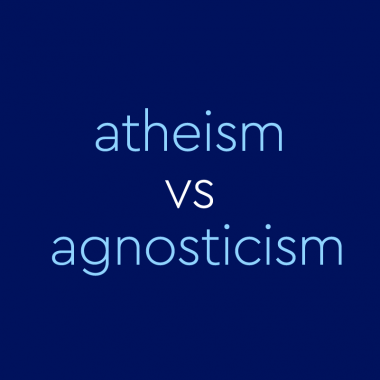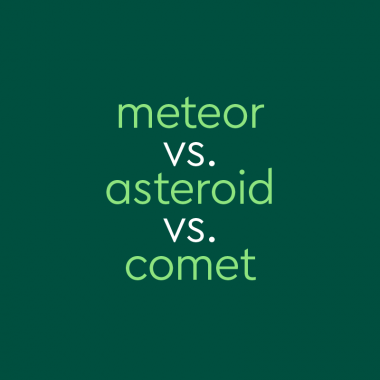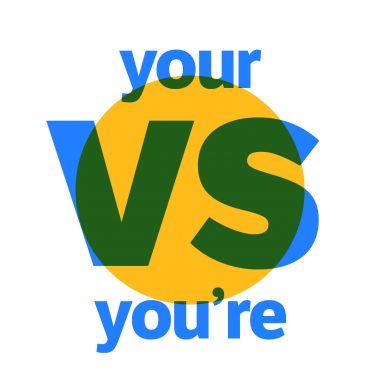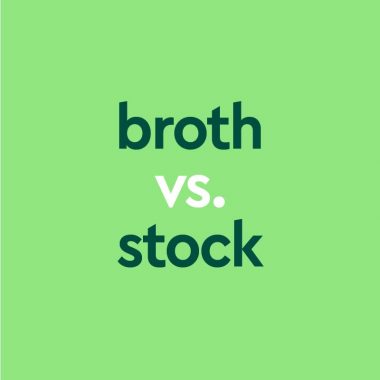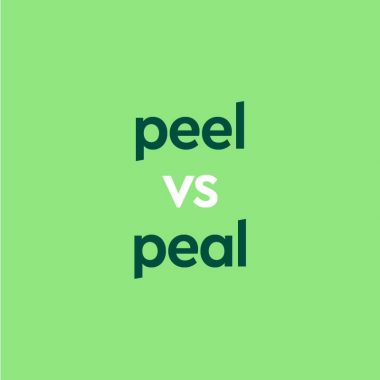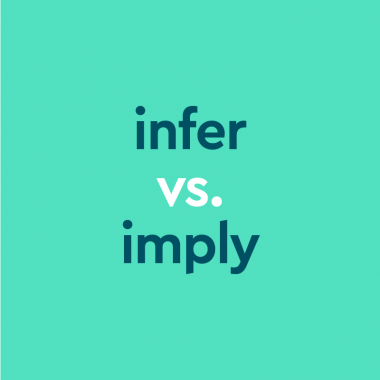Atheist vs. Agnostic: What’s The Difference?
In the context of religious and spiritual belief—or non-belief—there are two terms that often cause confusion: atheist and agnostic. But these terms do not mean the same thing. Read on to learn the distinction. agnostic vs. atheist There is a key distinction between these terms. An atheist doesn’t believe in the existence of a god or divine being. The word atheist originates with the Greek atheos, which is …
